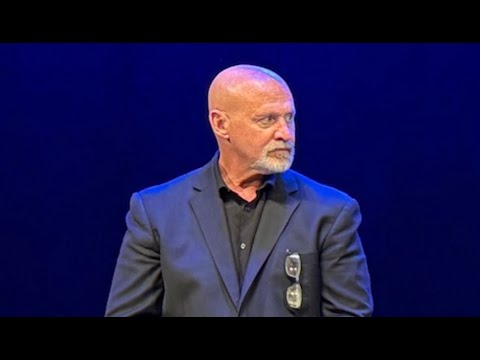Australia shares Japan’s commitment to net zero emissions but it’s too early to commit to a 2050 target date, business leaders have been told.
Prime Minister Scott Morrison held talks with energy company executives in Tokyo on Tuesday ahead of a meeting with his Japanese counterpart Yoshihide Suga.
The prime minister will be the first foreign minister to meet Mr Suga in Japan since he took over from Shinzo Abe in September.
While a landmark military pact will be atop the agenda when the two leaders meet, Mr Morrison used a business meeting to lay out Australia’s plan to develop a hydrogen industry and other low emissions technology.
Mr Suga has previously spelled out Japan’s commitment to delivering net zero emissions by 2050 and being a regional leader in clean energy.
“Can I just say that Australia also shares an ambition for net zero emissions,” Mr Morrison told the business leaders.
“But what we are focused on is how get there and (how) that can be achieved.”
He said low emissions technologies would be an important part of the Australia-Japan relationship, with the first pilot shipment to Japan of hydrogen from Victoria due in March.
The meeting included Japan-Australia Business co-operation committee chairman Akio Mimura and Tokyo Gas chairman Michiaki Hirose.
Mr Mimura said business chiefs in Japan were focused on achieving the “three Es”; economy, energy and environment.
“In order to achieve this, hydrogen must come down in costs (and) … stability of supply must be ensured,” he said.
Any change to the energy exports mix will impact on Japan, with 60 per cent of Tokyo’s gas and 40 per cent of Japan’s gas overall coming from Australia.
Later on Tuesday, Mr Morrison and Mr Suga will discuss a “reciprocal access agreement” setting out the terms and conditions for the Australian and Japanese militaries to undertake exercises on each other’s soil.
One of the sticking points of the agreement – which has been in negotiation since 2014 – has been Australia objecting to its defence force members being subject to the death penalty in Japan.
If signed, it would be the first such deal for Japan since the 1960 status of forces agreement with the United States.
Depending on the final terms, it may require the Australian parliament to pass implementing laws, and it would be scrutinised by the treaties committee.
It would also need the approval of Japan’s parliament, which is meeting at the same time as Mr Morrison’s visit.
Mr Morrison and Mr Suga are also expected to discuss the coronavirus response and the potential for a travel bubble between the two countries.
But the bubble would be some time away, given Japan still has over 1000 cases a day.
Mr Morrison met with International Olympic Committee president Thomas Bach to discuss plans for next year’s postponed Tokyo Games, and Queensland’s aspiration to host the 2032 event.
Queensland bid negotiations have been put on hold due to the pandemic.
On his return, the prime minister will go into isolation at The Lodge for 14 days, which will also mean he will have to video link in to parliament when it sits later in the month.






